Research Without Boundaries
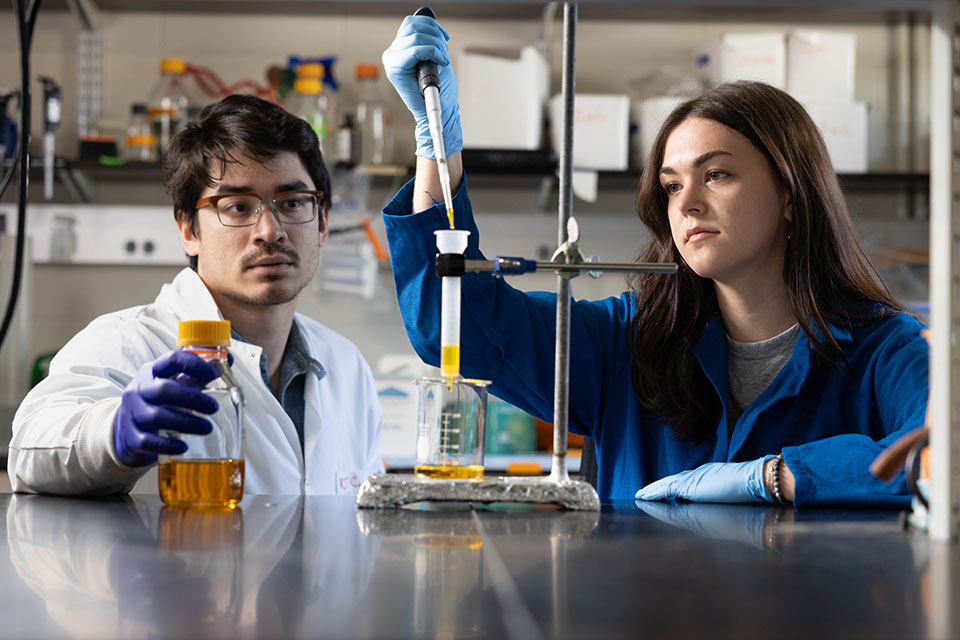
Photo Credit: Dan Holmes
Groundbreaking research efforts by Brandeis faculty — often conducted with the help of Brandeis students — have earned many accolades on the world stage.
Over the past decade alone, faculty members have won a Nobel Prize and two National Medals of Science, in recognition of discoveries that helped explain the biological clock that regulates human sleep patterns; revolutionized scientists’ knowledge of neural circuits; and advanced understanding of neurodegenerative diseases like ALS, Alzheimer’s and Parkinson’s.
And research is not limited to the sciences. Brandeis faculty do cutting-edge work in the arts and humanities, business, and social policy as well.
Brandeis is smaller than most of its peer institutions, making its research strength especially notable. In 2019, the journal Nature named it one of the world’s top-five universities that “punch above their weight” in output of research published in high-impact peer-reviewed journals.
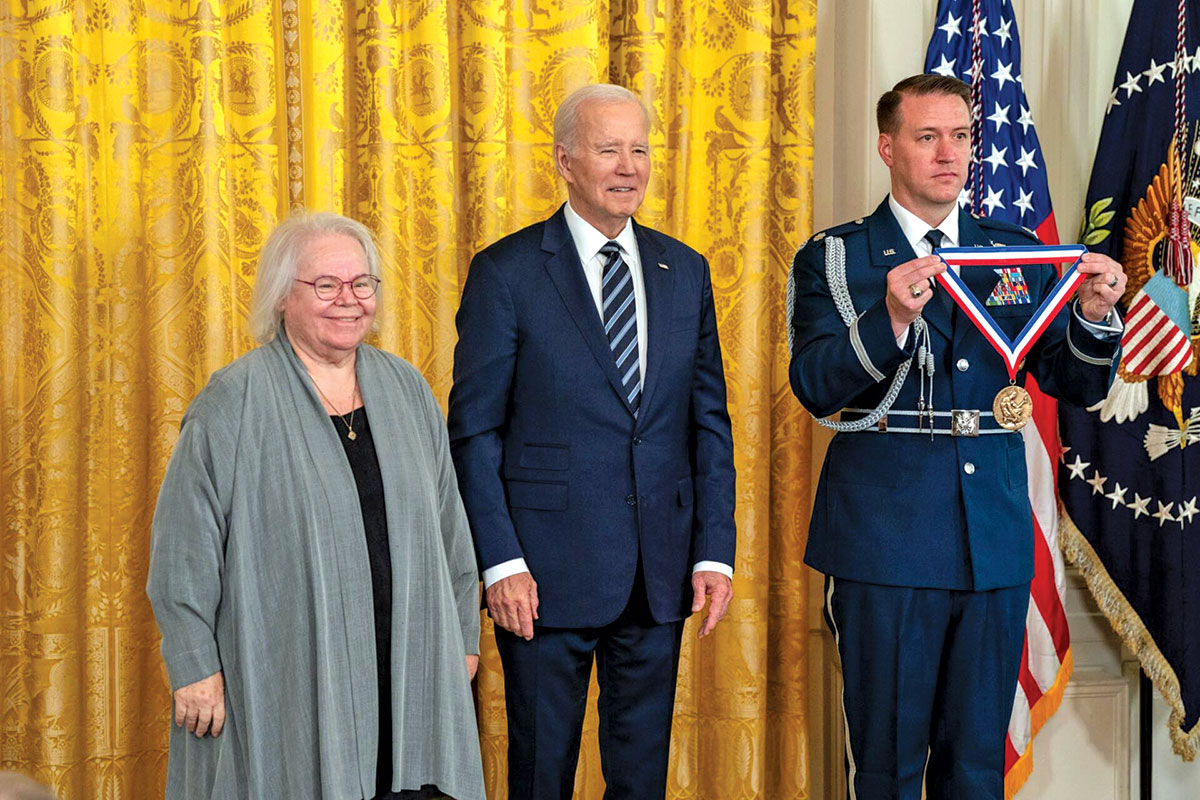
Photo Credit: Ryan K. Morris
In addition, Brandeis is the second-smallest school to be invited to join the Association of American Universities, whose members are distinguished by the breadth and quality of their academic research. It is also one of the smallest U.S. universities to have a Carnegie R1 designation, which recognizes a university’s highest-possible commitment to bringing new knowledge to light through research.
None of this research happens in a vacuum. Countless grants, donations and partnerships help make it possible, including alumni gifts to the Brandeis Fund, a source of flexible funds that can support research.
Endowed professorships — faculty positions created by exceptionally generous donations — are another vital tool for maintaining the highest level of excellence in research. These positions help the university attract and retain faculty who are pioneers in their fields. They also attract top-tier students eager to be mentored by preeminent scholars and researchers.
Here are just a few of the faculty members in endowed positions who are conducting impactful research at Brandeis.
Sizing up a high-tech matchup
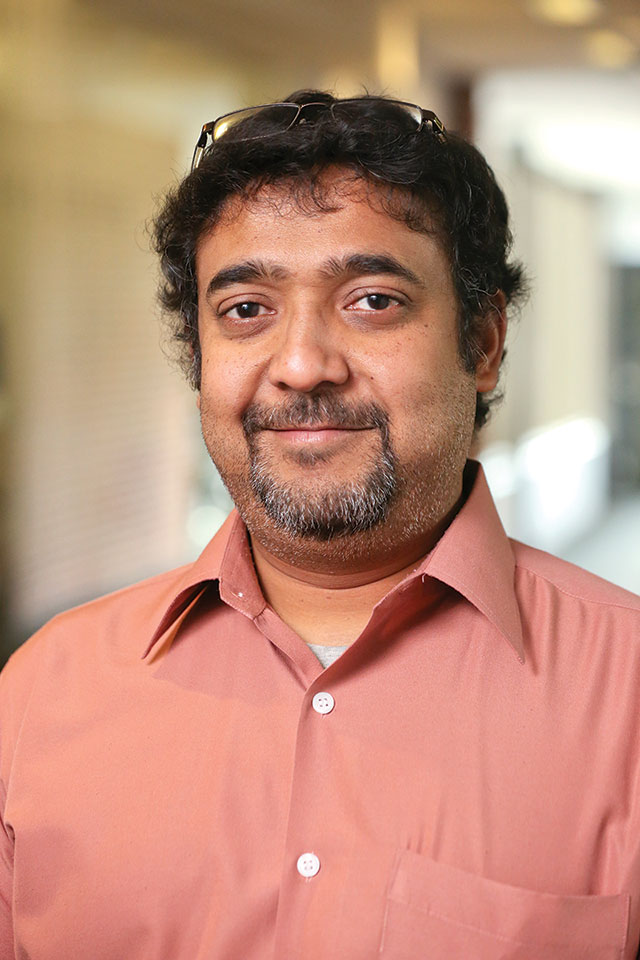 Debarshi Nandy
Debarshi Nandy
Is China beating the United States in the artificial intelligence race? If you judge by the number of patents Chinese researchers file, it would seem so.
But that figure doesn’t tell the whole story. Debarshi Nandy has discovered that while China outpaces the U.S. in filing patents in AI and other high-tech fields, patents held in the U.S. are far more likely to be cited by those who develop subsequent innovations.
Nandy, the Barbara and Richard M. Rosenberg Professor of Global Finance — who conducted this research in collaboration with Aldo Musacchio, a professor of international business, and assistant professor Shubhranshu Shekhar — says the finding indicates an imbalance between the quality of high-tech innovation in the two countries, with the U.S. holding the stronger position.
Recent work by Nandy in another area — executive relocation and compensation — had an impact on the U.N.’s Sustainable Development Goals, created as a blueprint for building peace and prosperity around the world. Nandy’s efforts were cited for advancing the promotion of “inclusive and sustainable economic growth, full and productive employment, and decent work for all.”
Celebrating Shakespeare’s sisters
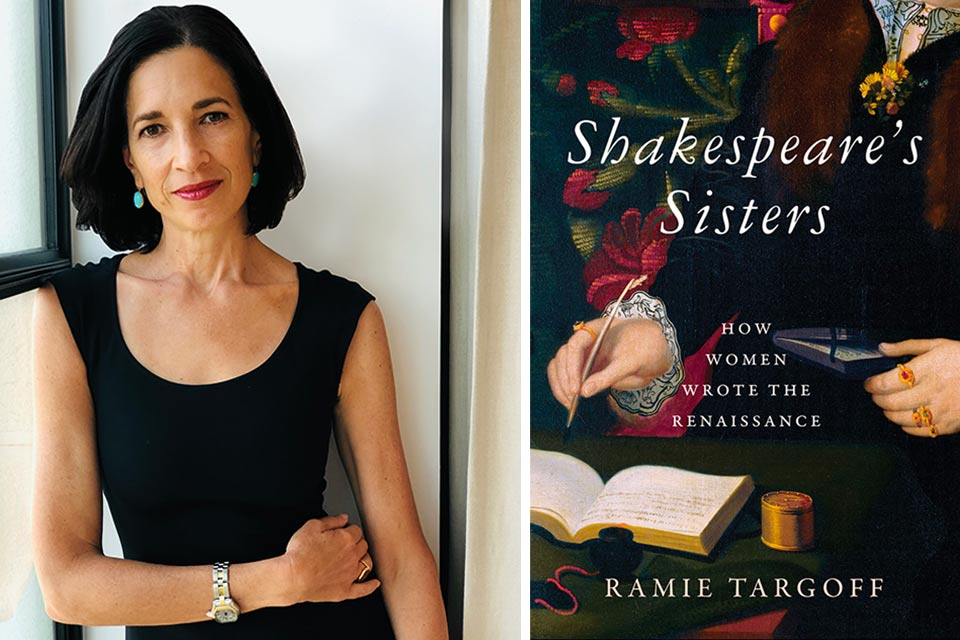 Ramie Targoff
Ramie Targoff
In 2024, Ramie Targoff, the Jehuda Reinharz Professor of the Humanities, welcomed the publication of her book “Shakespeare’s Sisters: How Women Wrote the Renaissance,” which details the literary achievements of four English women who made significant yet long-ignored contributions to poetry, drama, memoir and history in the 16th and early 17th centuries.
Rigorously researched, the book made a big splash in the literary world. Magazine editor and author Tina Brown praised Targoff’s “fascinating” work in a New York Times book review. The New Yorker named “Shakespeare’s Sisters” one of the best books of 2024. The Boston Globe also heralded the book as one of the year’s best, calling it a “bewitching brew of literary history and feminist scholarship.”
For her next scholarly project, Targoff is leading a team of collaborators from all over the world as they translate the poetry of 14th-century Italian scholar Francesco Petrarca and explore its lasting influence as a “grammar of love.”
Caring for the caretakers
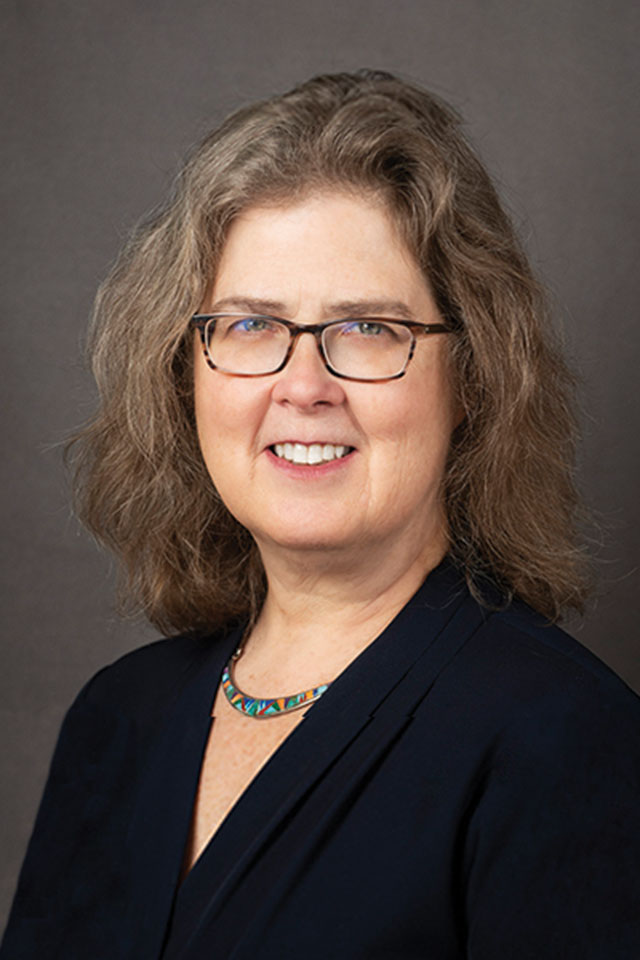 Karen Donelan
Karen Donelan
Professor Karen Donelan, the inaugural Stuart H. Altman Chair in U.S. Health Policy, believes health policy should “reflect and support our humanity.” This view is at the heart of her research, which focuses on the people who need, use and provide health services.
She recently contributed to a study that examined labor policies in the nursing field. Conducted over five years, the research found that increased funding for scholarships and student loan repayment could help improve the distribution of nurse labor to the geographic areas most in need of it.
Another of Donelan’s studies traced the pandemic’s effects on the mental well-being of paid and unpaid caregivers who work with dementia patients. Published in 2024, the study found that family members and other unpaid caregivers exhibited much higher rates of depressive symptoms than their paid counterparts.
Now Donelan, working with graduate students and peer researchers from Brandeis and Boston-area hospitals, is co-directing two multiyear clinical studies that seek to improve patient outcomes among older adults.
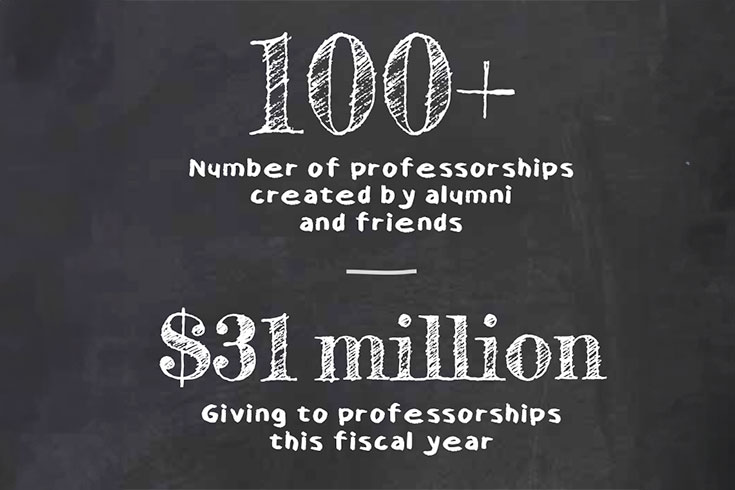
Fuel research that changes lives
Make a gift to the Brandeis Fund and provide flexible funding for real-world impact.
Donate